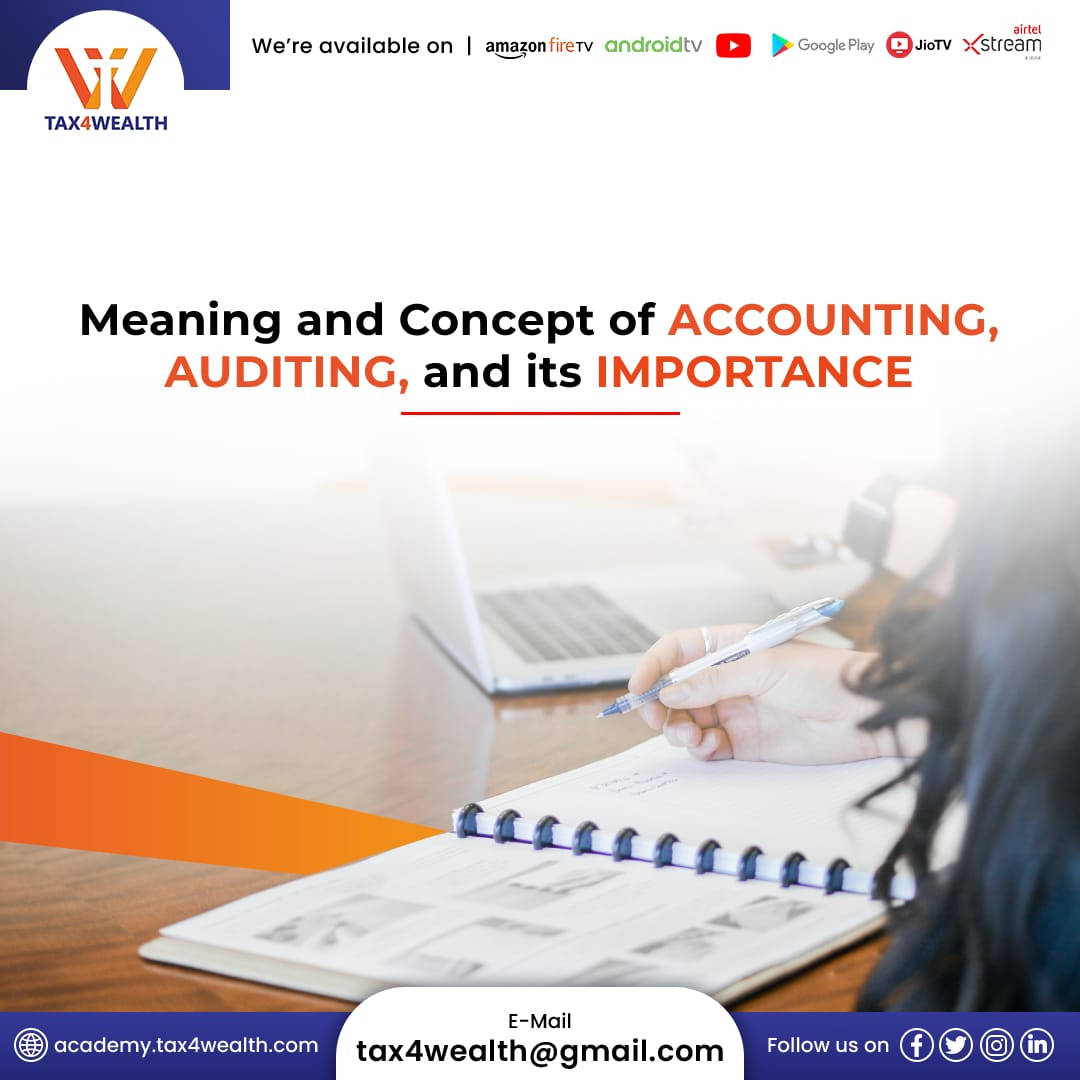
The Power of AI in Accounting and Finance
What is AI?
AI stands for artificial intelligence. It refers to the simulation of human intelligence in machines that are programmed to think, learn, and problem-solve like humans. AI encompasses a wide range of technologies and techniques, including machine learning, natural language processing, computer vision, robotics, and more. The goal of Artificial Intelligence (AI) is to create systems that can perform tasks that commonly require human intelligence, such as understanding natural language, recognizing patterns, making decisions, and improving over time through experience.
How is AI making its presence in the Accounting world?
In the rapidly evolving landscape of finance and accounting, the integration of Artificial Intelligence (AI) has emerged as a transformative force, reshaping traditional practices and revolutionising how businesses operate.
The intersection of AI and these industries is not just about automation; it's about unlocking uncharted efficiency, accuracy, and strategic foresight. As AI continues to weave itself into the fabric of financial processes, its impact spans various facets, promising a future where human expertise synergizes with technological prowess.
What are the roles of AI in Accounting and Finance?
The fundamental essence of financial roles has surpassed mere numbers; they encompass strategic decision-making and ensuring financial health. However, the presence of AI introduces a shift, redefining the roles of professionals and the nature of tasks undertaken. Where there's fear of job displacement, AI, in reality, serves as a potent ally, enhancing the capabilities of financial professionals rather than replacing them.
1. Automation and Efficiency Amplification:
AI's forte lies in streamlining mundane, repetitive tasks, liberating professionals to focus on high-value strategic tasks. Processes like payroll, tax computations, banking operations, and audits witness a change through automation, slashing error rates and elevating productivity. Technologies like Robotic Process Automation (RPA) empower finance teams by handling non-value-added tasks, enabling a shift towards strategic advisory roles.
2. Precision in Decision-Making and Forecasting :
Machine Learning algorithms analyze vast historical data, and patterns, and foresee future trends. This analytical power assists finance professionals in making precise financial statements and navigating through complex data to identify potential fraud, thereby fortifying financial integrity.
3. Heightened Compliance and Transparency :
AI's intervention ensures adherence to regulatory frameworks, meticulously monitoring documents and raising alerts in case of deviations. This fosters an environment of enhanced transparency, augmenting compliance with corporate, state, and federal regulations.
What Benefits does AI provide in Accounts And Finance?
The infusion of AI into the realm of accounting and finance ushers in a multitude of advantages, reshaping workflows, and augmenting overall performance.
1. Enhanced Efficiency and Error Reduction :
By automating routine tasks, AI mitigates the scope for human error, ensuring heightened accuracy in financial records and reporting. This efficiency dividend elevates productivity and refocuses human efforts on more strategic initiatives.
2. Strategic Insights through Data Analysis :
AI's data analysis capabilities empower professionals to unearth trends, identify patterns, and make informed decisions. It enables a proactive approach to managing financial data, identifying potential areas of improvement, and fortifying future strategies.
3. Cost Efficiency and New Opportunities :
AI-driven process automation translates into cost savings for firms, redirecting resources towards innovation and growth. Furthermore, the emergence of AI-powered tools creates new job avenues, necessitating human supervision and maintenance, thereby fostering a new dimension of learning in accounting operations.
4. Better Customer Experience and Job Satisfaction :
Integrating AI-based chatbots and support systems enriches customer experiences by offering quick and efficient responses. Moreover, by alleviating professionals from repetitive tasks, AI enhances job satisfaction, enabling them to engage in more fulfilling and strategic tasks.
Uses of AI in Accounting and Finance
The utilization of AI permeates every facet of financial operations, redefining processes and catalysing operational excellence.
1. Revolutionizing Transactions and Processes :
AI-based systems expedite payables and receivables processing, streamline invoice management, and optimize procurement processes, eliminating manual bottlenecks and bolstering vendor relationships.
2. Reinventing Audit and Compliance :
AI's cognitive computing and predictive analytics redefine auditing processes, expanding the scope to track complex transactions and ensure adherence to regulatory requirements, thus fortifying auditability.
3. Forecasting and Cash Flow Management :
AI-powered tools aid in reconciling financial activities, predicting future cash requirements, and ensuring secure and efficient financial processes by leveraging data integration and analysis.
4. Securing and Managing Expenses :
AI-driven expense management automation not only minimizes errors but also fortifies security measures, alerting teams to potential breaches, ensuring airtight financial security.
5. Empowering Customer Support :
AI-based chatbots revolutionize customer support, providing quick solutions to queries, enhancing customer satisfaction, and ensuring prompt resolution of outstanding invoices.
FAQs On AI in Accounts and Finance :
1. What does AI stand for in accounting?
AI stands for Artificial Intelligence in accounting. It refers to the integration of intelligent technologies and algorithms into financial and accounting processes to automate tasks, analyze data, and improve overall efficiency.
2. Will AI take over accounting?
AI is transforming the landscape of accounting by automating routine tasks, enhancing data analysis, and improving accuracy. However, it's unlikely to completely take over accounting. Instead, AI will augment the capabilities of accounting professionals, allowing them to focus on strategic decision-making while AI handles repetitive tasks.
3. Can AI replace CA in the future?
While AI continues to advance, it's improbable that it will entirely replace Chartered Accountants (CAs). AI can automate various aspects of accounting, but the role of a CA involves nuanced judgment, complex decision-making, and ethical considerations that currently require human expertise. Instead, AI will complement the work of CAs, enabling them to deliver more value by leveraging technological capabilities.
For more information, Visit us at: https://academy.tax4wealth.com/
Related News
No comments yet, Be the first to comment.













